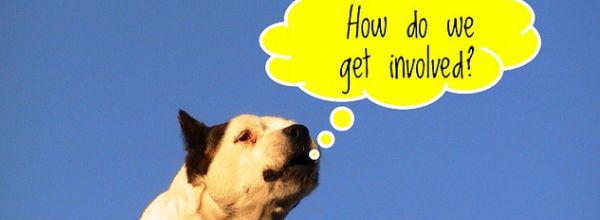Unlike Nick Oswald I think I can multitask in the lab. If I organize my day efficiently and perform lots of experiments and other tasks in parallel, I get more done.
But there is a school of thought – the one described in Nick’s article – that says no-one can really multitask, that our brains are not wired for it. So how come it works for me? Am I specially wired to allow me to multitask, or am I deluding myself?
There is quite a bit of research out there about whether multi-tasking works. So, since I’m a scientist and I love reading papers, I’ve pored through the archives to try and understand this phenomenon for myself.
It is well accepted that everyone’s brain has a finite attention span (even mine). So when that attention is divided among two or more tasks, performance in each of the tasks is likely to suffer. This is because the brain is actually switching between tasks rather than processing them in parallel. Switching takes time, thus efficiency drops.
But according to the research, multi-tasking can be productive if you are careful about which tasks you combine, or if you are just one of the lucky ones who are wired to be able to multi-task.
Limited multi-tasking for scientists (and everyone else)
Some researchers believe that if the brain does not have enough going on to occupy it, it starts looking for distraction. So, if you are performing a mind-numbing task, like repetitive pipetting or sitting in a boring seminar, your attention will go walkabout.
Research shows that you can stop your mind from wandering and increase its application to the boring task by doing something interesting (but not taxing) in parallel [1]. And it also indicates that multitasking ís possible when you are using different cognitive modalities for different tasks [2]. This means we can’t just multitask just any combination of jobs; Certain tasks go well together, others don’t.
So, for example doodling away during that not-so-interesting seminar, will occupy your brain and make you more likely to remember what the speaker said at the meeting. And, singing along to my favorite tunes while doing repetitive pipetting helps maintain my focus. But, I did notice that I stopped singing whenever extra attention was needed in my pipetting efforts.
Doodling while listening, or singing while pipetting are hardly hardcore multi-tasking. But I wonder whether this is just one end of the spectrum. When I have a day-long boring and repetitive experiment, does performing a different experiment during the down-time improve my level of awareness and help me do both?
I think the likely answer is “yes”. But obviously there is a limit to this; as more tasks are added to the multi-task list, at some point any benefit will drop. The question (that I don’t know the answer to) is “how much is too much”?. “
Maybe you and I are supertaskers?
In another study [3] people were asked to drive in a simulator while they were simultaneously asked to memorise and recall lists of words and perform by math problems at the same time. Not surprisingly, the participants performed better when performing the tasks individually rather than in parallel.
However, a small subset of participants bucked that trend, showing similar performance levels when performing the tasks in parallel. These supertaskers managed to do what 97% cannot do: performing two attention-demanding tasks at no substantial performing cost.
That’s very interesting because it means that some people ARE wired to multi-task. Maybe I am one of those. Maybe YOU are! (there is a 1 in 33 for each of us according to the research). On the other hand maybe I (and even you) am deluding myself… it has also been reported that people have a strong tendency to overestimate their abilities when it comes to multitasking.
Assuming that you – and I for that matter – are not a supertasker, maybe it is wise to consider which type of tasks you are trying to combine. If they need the same brain function, you’re better off performing them one after the other. What do you think?
References:
[1] Andrade J. (2009). What does doodling do? Applied Cognitive Psychology. Wiley&Sons Ltd. 23(3). DOI: 10.1002/acp
[2] Borst J, Taatgen NA & van Rijn H. (2010). The problem state: A cognitive bottleneck in multitasking. Journal of Experimental Psychology: Learning, Memory, and Cognition, 36(2), 363-382.
[3] Watson JM, Strayer DL. (2010). Supertaskers: profiles in extraordinary multitasking ability. Psychonomic Bulletin & Review. 17 (4), 479-485.




